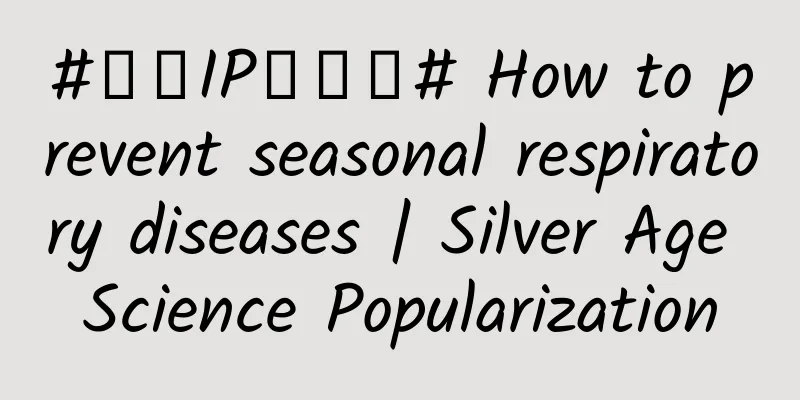What are the dietary taboos during ovulation induction?

|
The so-called ovulation induction is a method of promoting female ovulation through some means, such as ovulation induction injections. Due to various reasons, women often experience anovulation, and then the female pituitary gland is adjusted through some methods to regulate ovarian ovulation. In order to achieve better ovulation effects, you must pay more attention to your diet during the ovulation induction period, and keep the following dietary taboos in mind. Dietary taboos during ovulation promotion: Eating more high-protein foods will help the follicles grow well, such as: milk, soybeans, fish, shrimp, eggs; beef, mutton, pork, and dog meat. You should not eat foods that promote blood circulation and remove blood stasis, or foods that have the function of removing dampness and toxins, such as: tonic medicine, lotus root, sesame oil, watercress, black fungus, longan, and coix seed rice. Do not eat fruits and foods (cold foods) such as: pears, melons, citrus, oranges, sugar cane, tomatoes, pitaya, glaze, hard persimmons, pineapples, pears, kiwis, mulberries, mangosteens, papayas, bananas, mustard greens, cabbage, celery, bitter melon, wax gourd, lotus roots, etc. Foods that can reduce annealing are not allowed: apples, lemons, tomatoes. After egg retrieval: do not lift heavy objects within 24 hours; do not drink alcoholic beverages; do not use painkillers or sedatives; take medicines on time as directed by the doctor. Things to note during down-regulation: 1. Actively cooperate with the attending physician's treatment. No matter how good the doctor is or how good the medical skills are, problems will always arise if they encounter a patient who does not trust you. In vitro fertilization is a long process, during which you need to trust your attending physician wholeheartedly and strictly follow the doctor's instructions for treatment. 2. Arrange your diet reasonably. Avoid spicy and other irritating foods, and do not eat blood-activating foods such as red dates and longans. The diet should be diversified, and all kinds of nutrients should be consumed in a balanced manner, mainly with high-quality protein from fruits and milk; ensure smooth bowel movements, prevent constipation and diarrhea, and do not avoid too many foods. 3. Do appropriate exercise. Appropriate exercise can be performed during the down-regulation period, especially for women with polycystic ovary syndrome and obesity. Losing weight is conducive to obtaining high-quality follicles and achieving successful pregnancy. 4. Keep a happy mood and don’t be too nervous. 5. Take the medicine as prescribed by the doctor and get the injection in the morning. 6. If you get sick during the down-regulation period, such as a cold, you can take medication normally. Try to stagger the medication time with the down-regulation injection time by a few hours. |
<<: What are the five foods that are taboo for breast hyperplasia?
>>: What are the dietary taboos for ovarian cysts?
Recommend
How do you know if you have fallopian tube adhesion?
In our daily life, due to the complex structure o...
What causes frequent fetal movements?
Fetal movement is very important for pregnant wom...
How long after menstruation can I have sex
Most people know that women cannot have sex durin...
What song did Yoon Se-ri sing in the sixth episode of Crash Landing on You? What was the name of the song Son Ye-jin sang at the time of parting?
What is the name of the song that Son Ye-jin sing...
What causes chronic cervicitis?
Many female friends are very worried when talking...
Can a woman still have a baby after having a vasectomy?
Female sterilization is a relatively effective co...
What happens when ovulation turns from strong positive to weak positive?
When women are preparing for pregnancy, they need...
Can I drink beer 24 days after a medical abortion?
After the medical abortion, you must strengthen y...
Is it necessary to clean the floor before laying it? How to clean the floor before laying it?
We all know that flooring is a common floor decor...
How to treat heel pain in women
Women's bodies are weaker than men's sinc...
Why does the car make a noise when it is shifting gears? Why does the car make a noise when it is shifting gears?
Engaging gears is also commonly known as shifting...
What are the symptoms of lung yin deficiency in women?
Lung Yin deficiency is actually a relatively comm...
How long after an abortion can I take a shower?
There are many issues that need to be paid attent...
How to do vaginal relaxation exercises
Vaginal loosening is a problem that every woman w...









